CNN — In the hours after Donald Trump secured another term in the White House, a familiar exercise was unfolding in foreign capitals. Dusting off their proverbial Trump playbooks, leaders from Paris to Jerusalem to Riyadh and beyond began posting congratulatory messages online and pressing their ambassadors in Washington to find a way — any way — to get in contact with the incoming president directly.
The scramble did not go unnoticed among Trump’s bleary-eyed aides in Florida, who kept close track of who was reaching out — and in what order.
As the world digests the reality of another Trump presidency, the central characteristics of his approach to the world are coming into sharper focus almost immediately. Transactional, personality-based and erratic, the Trump doctrine made for a chaotic four years that left both foreign leaders and seasoned American national security aides exhausted and jittery.
Nothing in Trump’s campaign for president suggests his approach is likely to change. Unlike those years, however, the world is now “on fire,” as Trump likes to say, and he’s promised to extinguish the flames. He has vowed to end Russia’s war in Ukraine in 24 hours and bring peace to the Middle East, all while constraining American foes in North Korea and Iran.
That’s in addition to slapping broad new tariffs on China, reassessing stalwart American defense alliances like NATO and finding countries willing to take the migrants he’s promised to deport en masse.
How he will accomplish any of those goals is uncertain. He did not delve into details of his plans as a candidate, much less confer with American allies about how to approach the problems collectively.
What he did make clear was his distrust of American alliances that have been the backbone of the Western world order, the same one President Joe Biden sought to restore when he took over the presidency from Trump four years ago, declaring “America is back.”
Instead of helping the US achieve its goals, Trump has described the allies as parasitic burdens, no more so than when he encouraged Russia to do “whatever the hell they want” to NATO countries who don’t meet their defense spending targets.
That makes his upcoming return to the global stage one of the most unpredictable factors in an already perilous world, and has foreign leaders both holding their breath while also seeking an in.
Even before Trump’s victory was assured, leaders were writing their congratulations on X. Among the first were Israeli Prime Minister Benjamin Netanyahu, a Trump friend who later spoke with the president-elect by phone, and French President Emmanuel Macron, whose relationship with Trump during his first term grew badly strained.
The Élysée Palace, Macron’s official office, noted in describing their call that Macron was “among the very first heads of state” to reach Trump: “They had a very warm conversation, building on their strong preexisting relationship,” the palace said.
Saudi Crown Prince Mohammed bin Salman, the kingdom’s de facto leader who the CIA concluded had ordered the killing of the dissident journalist Jamal Khashoggi in 2018, also spoke with Trump on Wednesday to “reiterate the historic relationship” between their countries.
NATO’s new secretary general Mark Rutte, whose elevation to the job was helped along by the relationship he’d developed with Trump as Dutch prime minister, said he’d congratulated Trump on Tuesday evening. “His leadership will again be key to keeping our alliance strong,” he said, somewhat hopefully.
READ FULL ARTICLE:
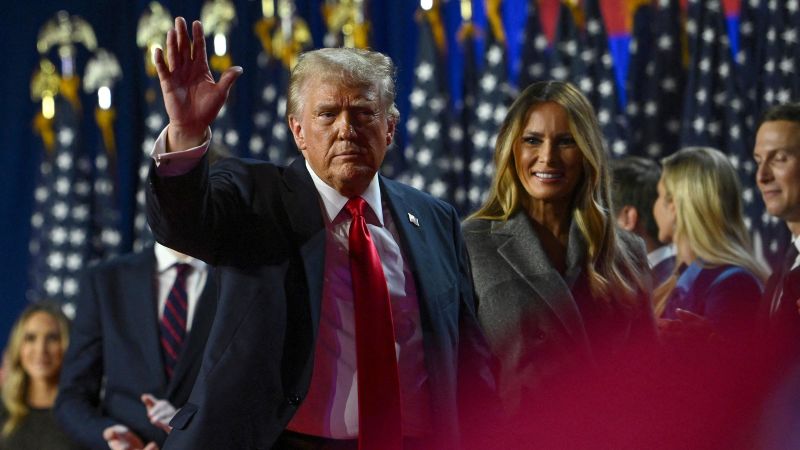

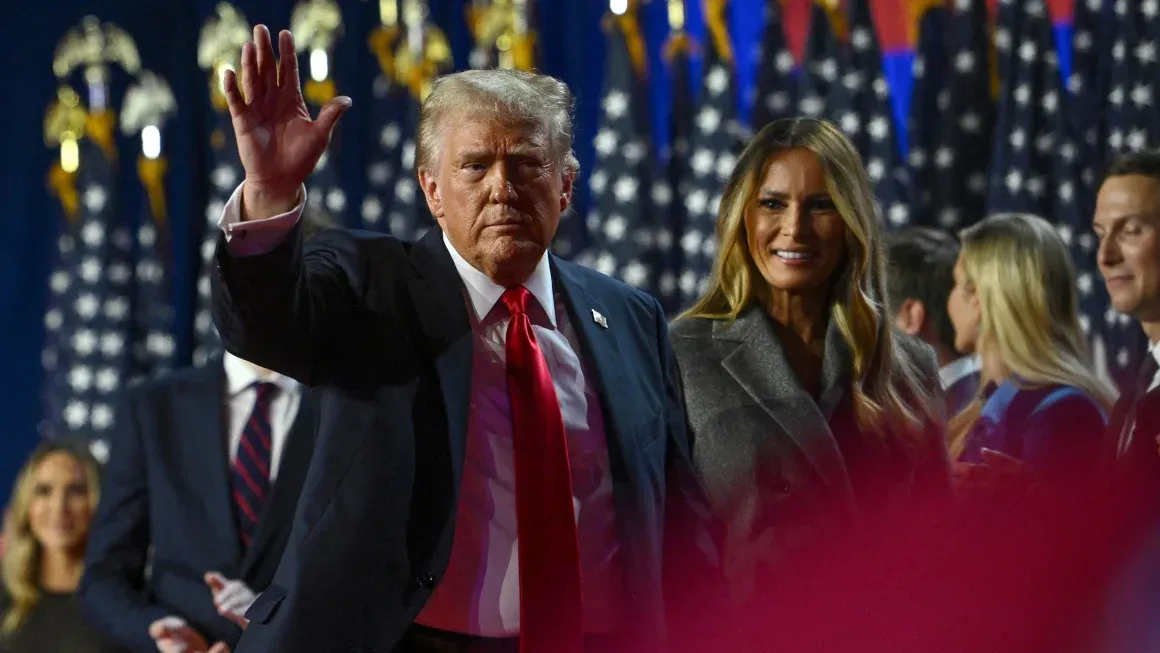

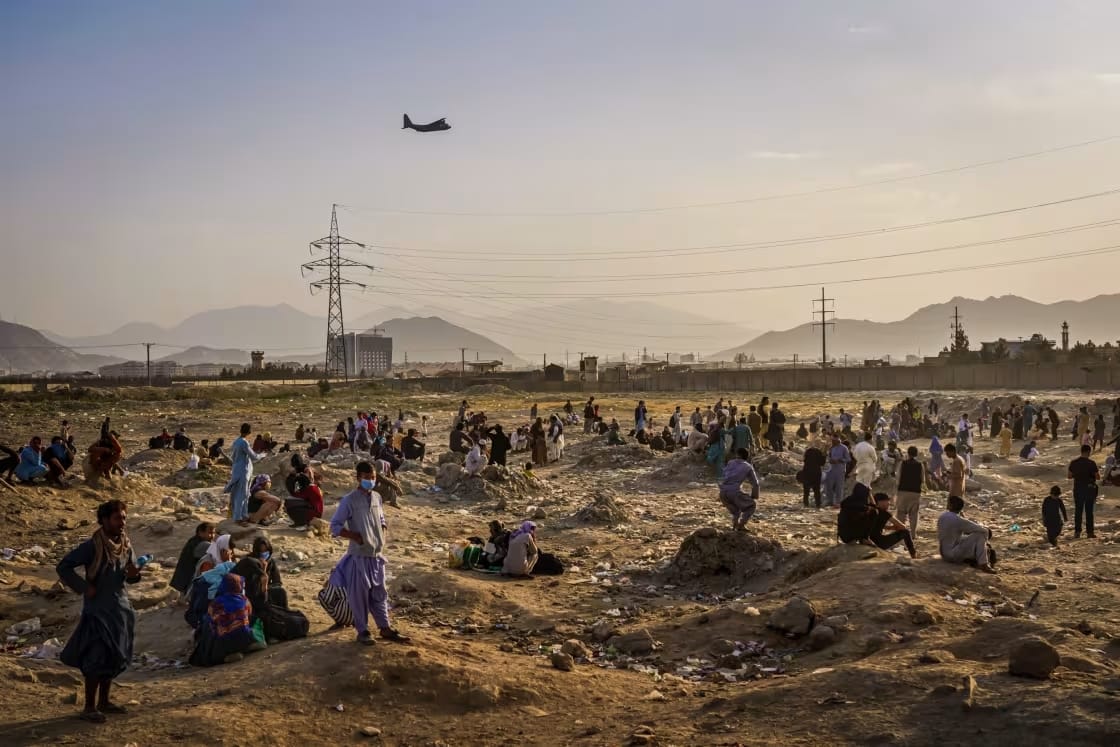
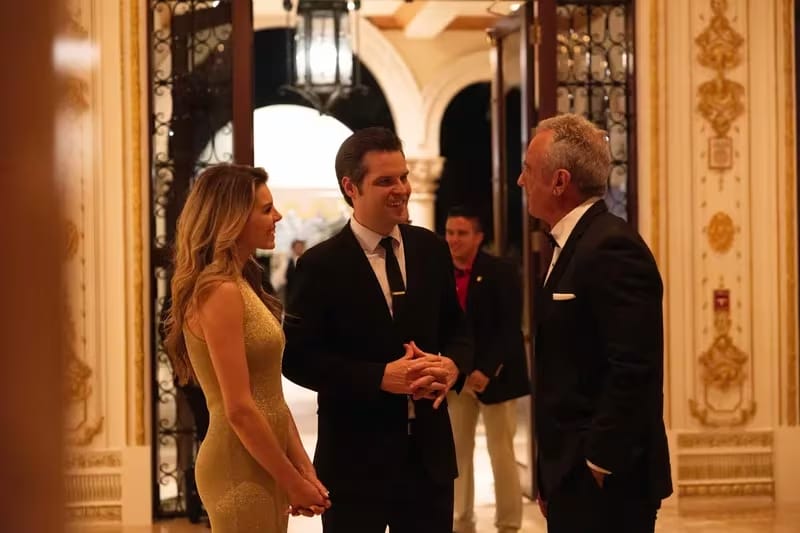
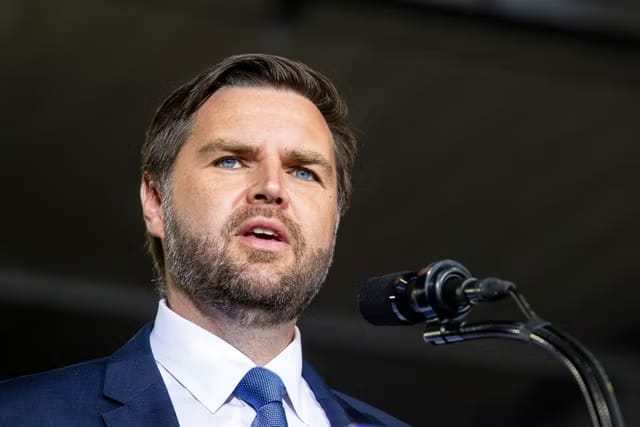

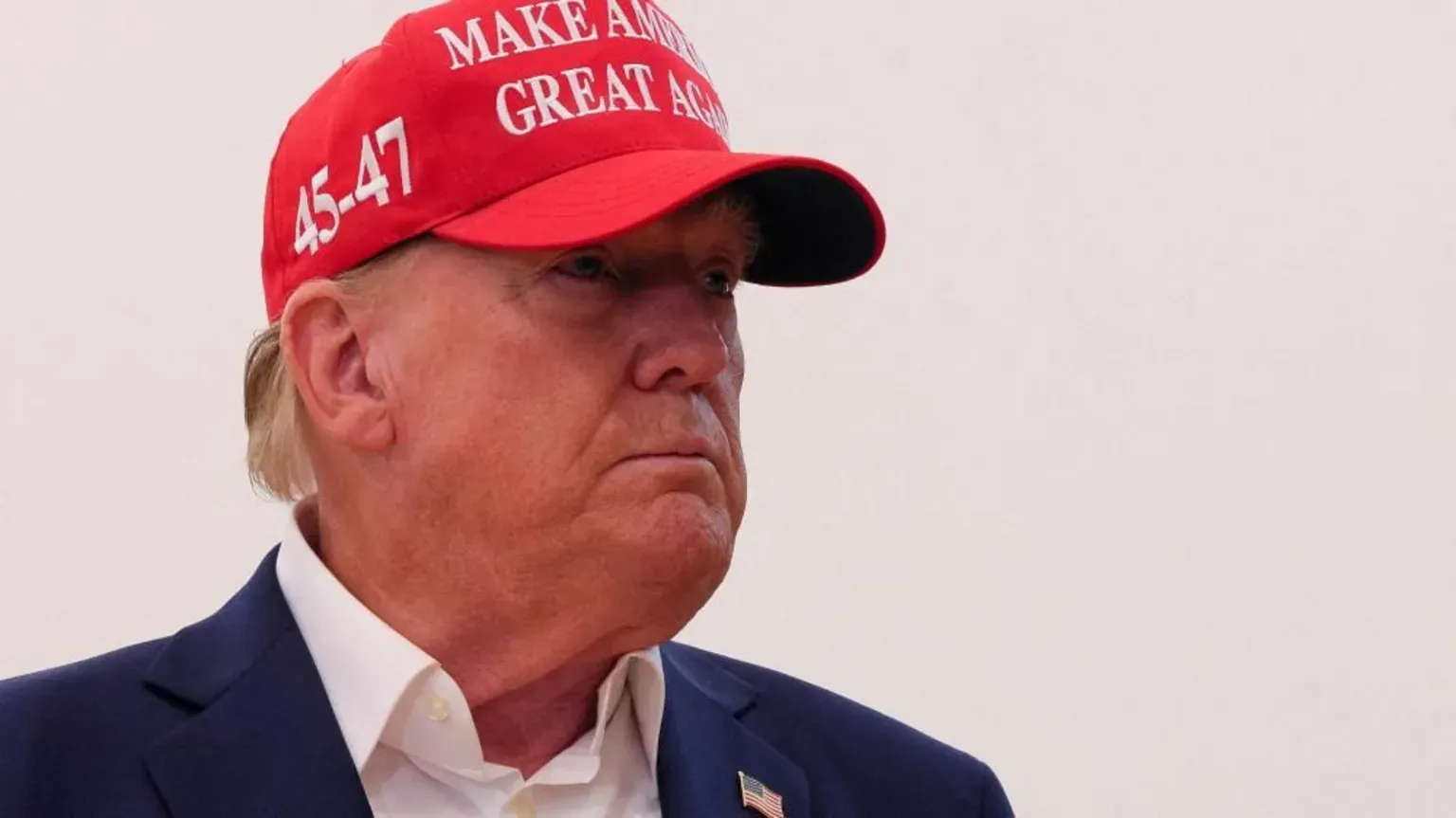
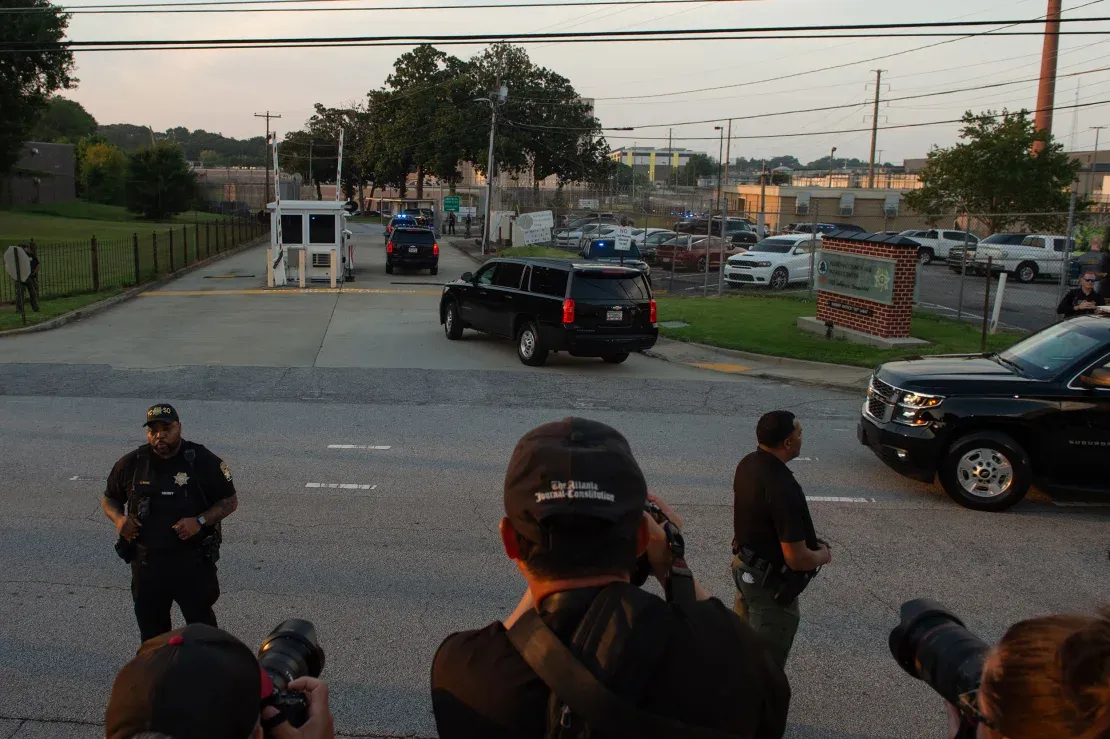
Discussion